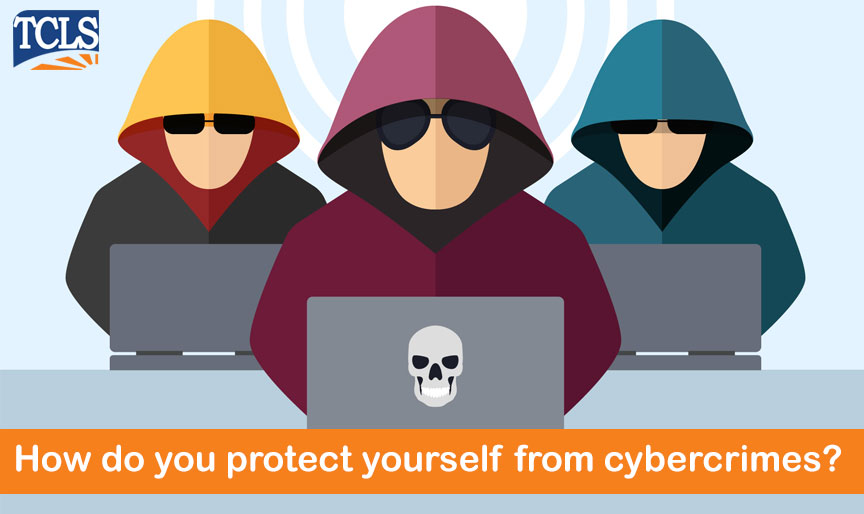cybercrime
Cybercrime has cost victims $126 billion worldwide and it has indeed established itself as a criminal enterprise. Every day, we see headlines on security and data breaches, invasion of privacy, and hacking. Cybercriminals continue to innovate new ways to attack and both private and public sectors remain vulnerable.
Why are millennials vulnerable to cybercrime?
Studies have shown that millennials – those who are born between 1982 and 2004 – are among the top victims of cybercrimes. According to a 2016 report by Norton Cyber Security, 40% of millennials have fallen victim to cybercrime in the past year. Eighty-six percent of those surveyed said that they might have experienced a phishing incident, with 30 percent unable to detect a phishing attack.
Millennials are digital natives, and they are undeniably more tech-savvy than the previous generations, so why would they be the most vulnerable to cyber crimes? Despite being the more tech-savvy set, it is worth noting that millennials experienced two different eras of technological developments. Witnessing the internet from its early stages – the slow connection and the huge computers – to the accelerated rise of social media, smartphones, and wireless connection must have made them a bit cavalier when it comes to their online activities.
True enough, reports blame unsafe online practices for this problem. Millennials can be promiscuous when it comes to their login credentials; they tend to share their passwords with friends and family members. This lack of caution, paired with the use of vulnerable media online, spells security trouble. Another reason is their use of public and unsecured wi-fi networks for online transactions, resulting in sensitive information and credentials to become vulnerable. Most millennials are also lax in terms of using third-party applications, answering online surveys, and providing access to files and documents in online platforms.
How do you protect yourself from cyber crimes?
- Make it very difficult for attackers to access your accounts by using strong and unique passwords. Make sure to use lower and upper case letters, symbols, and numbers. Change your passwords every three months, and do not use just one password for all your accounts.
- When installing new network-connected devices at home, do not forget to change the default password. Disable or protect remote access when not necessary.
- Be cautious and think twice before clicking links and opening messages and attachments. Be suspicious of the sender and the subject line. Most phishing emails come from compromised email accounts of friends. Surveys show that 4 in 10 millennials cannot distinguish between a phishing email from a legitimate one.
- Limit your online activities when using public wi-fi networks. When you access your personal information using an unsecured public wi-fi, you risk exposing them. Avoid accessing your social media accounts, paying bills and purchasing anything using your credit card while on a public wi-fi network.
- Be diligent in managing the settings of your social media sites. Make sure that you are not exposing personal and private information. The less you share, the better.
- Stay updated on news about security breaches. If your bank or a site you have an account on falls victim to cybercriminals, change your password immediately.
- If you have become a victim of a cyber attack, alert your local police. In some cases, the FBI and the Federal Trade Commission need to be looped in, too. By reporting the crime, however minor it may seem, you are helping prevent criminals from proliferating.
Source: Hogan Injury (You can also contact Hogan Injury for expert legal advice)
Photo Credit: Design vector created by Freepik



